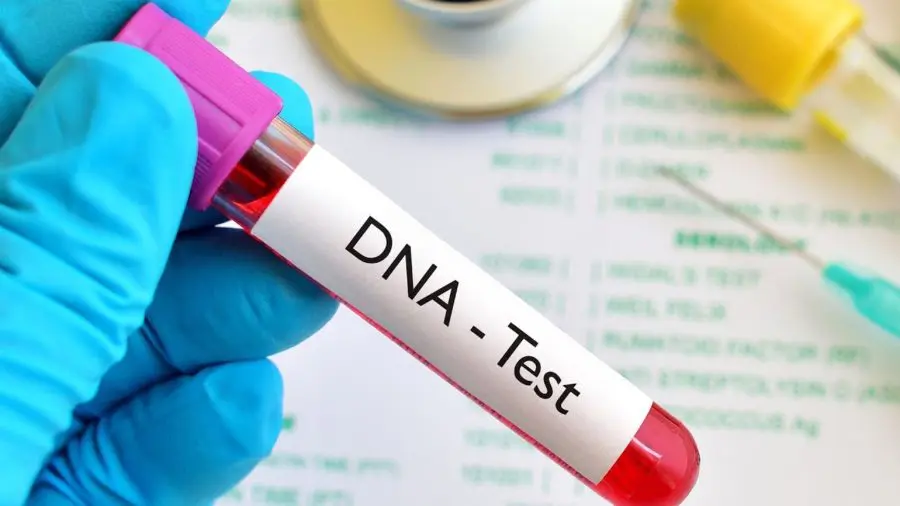NATIONAL NEWS

DNA TEST REPORTS SPARK HEATED DEBATE ON PATERNITY IN NIGERIA
A new report revealing that one in every four Nigerian children fails DNA (paternity) tests has reignited heated conversations nationwide about trust, fidelity, and family life.
The report, compiled by Smart DNA Nigeria, analyzed data between July 2024 and June 2025 and found that 25 percent of paternity tests returned negative, only slightly lower than the 27 percent recorded in 2024.
Interestingly, the data showed that firstborn sons were the most affected, accounting for 64 percent of exclusions. This revelation has raised deep questions about family structures, marital trust, and social stability in Nigeria.
Key Findings From the Report
Who requests DNA tests? About 88% of tests were initiated by men, mostly aged 41 and above, while women accounted for only 11.8%.
Age of children tested: Most tests involved children between 0 and 5 years, indicating parents’ preference to confirm paternity early.
Geographic spread: Lagos led the trend, with Lekki topping as the most popular location.
Ethnic divide: Yoruba clients accounted for 53% of cases, Igbo 31.3%, and Hausa just 1.2%, reflecting cultural attitudes toward paternity.
Why people test: Over 83% were done for peace of mind, while legal cases made up just 1.4%.
The “For” and “Against” Arguments
The revelations have sharply divided opinions.
Some argue that DNA tests should only be done when another man is contesting the child’s paternity, warning that unnecessary tests could destroy families and cause psychological trauma.
Clinical psychologist Dr. Dipo Olawale advised:
“If you are only suspicious, don’t do a DNA test. If the result turns out negative, it could break you emotionally, and in extreme cases, lead to violence or even death.”
On the other hand, others believe DNA tests should be carried out once there are signs of infidelity, even if no one is contesting the child’s paternity.
Chief Wole Adegbola explained:
“It is better to know the truth early, rather than find out after spending years raising a child who isn’t biologically yours. At least if you decide to keep training the child, it will be a deliberate choice.”
Beyond Science – A Social Dilemma
Experts warn that while DNA technology is a scientific breakthrough, it has become a double-edged sword, exposing secrets that could destabilize homes.
Smart DNA’s Operations Manager, Elizabeth Digia, summed it up:
“These statistics tell us something profound about trust, relationships, and the realities of Nigerian families today.”
The report has also triggered calls for legal reforms against paternity fraud and the integration of DNA testing into Nigeria’s healthcare system.
But for many families, the central question remains: Is it better to live with suspicion or face the painful truth?
"This represents a significant development in our ongoing coverage of current events."— Editorial Board









